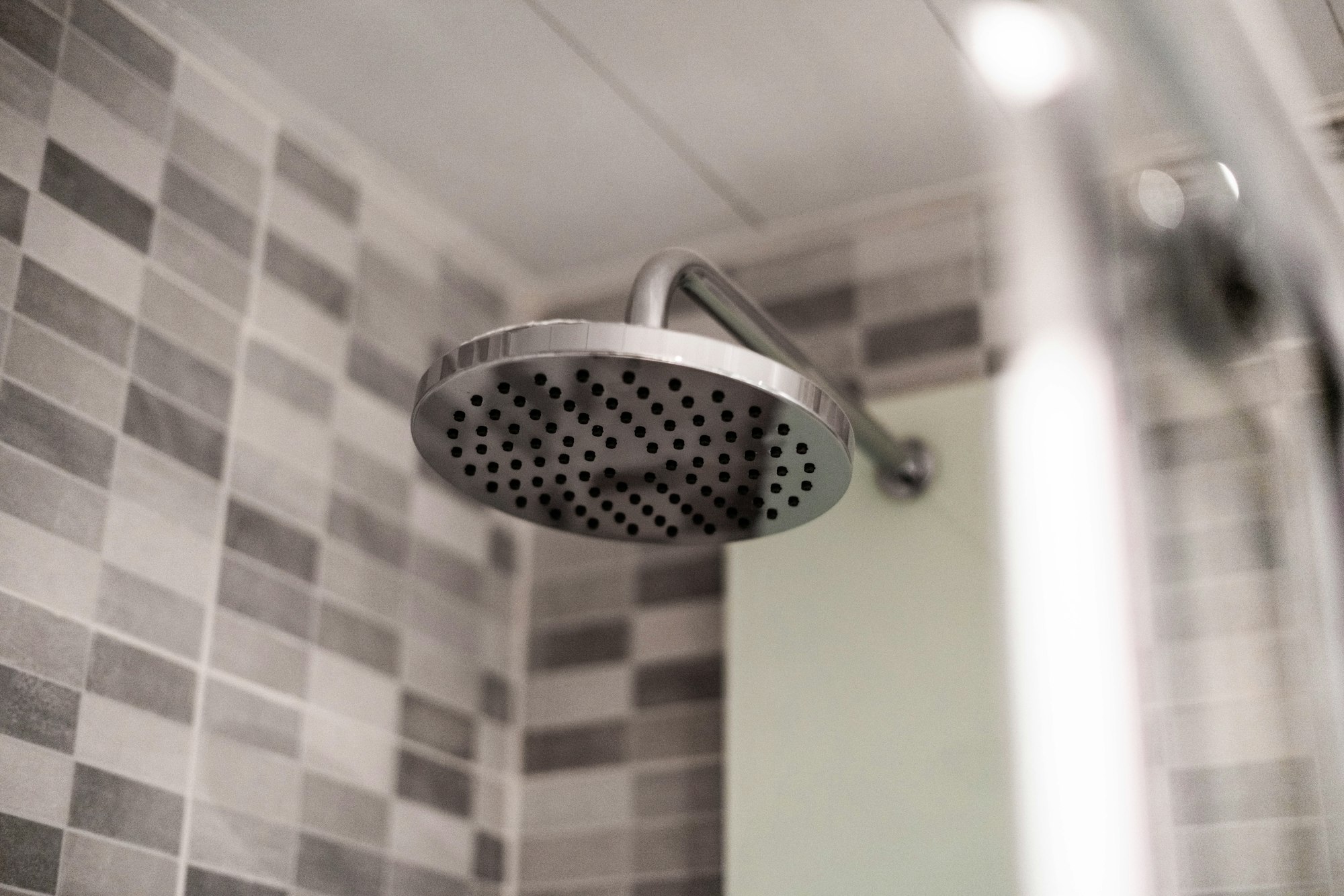Women's protections at risk from adding "gender identity" to our equality legislation?
“It is planned that legislative proposals arising from the Review of the Equality Acts will be brought forward shortly. Policy officials are seeking legal advice on a number of matters before proposals can be finalised."

The 2020 Programme for Government committed to adding “gender identity” to our equality legislation. On page 77 it promises to “Amend the gender ground in equality legislation to ensure that someone discriminated against on the basis of their gender identity is able to avail of this legislation.”
The “gender ground” in our equality legislation is defined in the 2000 Equal Status Act in section 3 (2) “ (a) that one is male and the other is female (the ‘gender ground’),”. This is clearly based on one’s sex.
Exemptions are provided in the Equal Status Act from having to treat both sexes equally in certain circumstances e.g. where privacy is an issue: e.g. in section 5 (2):
(c) differences in the treatment of persons on the gender ground in relation to services of an aesthetic, cosmetic or similar nature, where the services require physical contact between the service provider and the recipient,
Or
(g) differences in the treatment of persons on the gender ground where embarrassment or infringement of privacy can reasonably be expected to result from the presence of a person of another gender,
Public Consultation
The commitment to add “gender identity” wasn’t put out to a Public Consultation until June 2021: it received 581 submissions refined to 569 (as explained here). The report on the submissions was published two years later, in June 2023. Gender was described as “contentious” and it received 84% of all submissions.
“10.2 Proposed Gender Identity-Based Protection Throughout the submissions, the proposal to specifically include gender identity within the Equality Acts was contentious, and involved a lot of debate around issues and legislation that often fell outside the scope of this report.” (page 39)
Here is the submission made by Women’s Space Ireland.
Is the current law being correctly represented?
This piece also by Women’s Space Ireland highlights the role of the Irish Human Rights and Equality Commission (IHREC) which has failed to say why it supports explicit recognition of “transgender, non-binary and intersex people” when it has already stated that
“Transgender persons are protected under the gender ground for the purpose of equality legislation. Specifically, the gender ground means that you are entitled to equal treatment whether you are a man, woman or transgender person.” (email response from IHREC).
In its submission to the Citizens Assembly on Gender Equality in 2020 IHREC said:
“While transgender people are not specifically referenced in the equality acts, the Acts must be - and indeed have been - interpreted in accordance with the EU Directives and under EU law a transgender person who experiences discrimination arising from their ‘gender reassignment’, or transition, is also protected under the gender ground. The Commission is nevertheless of that view that the equality acts should explicitly prohibit discrimination against transgender, non-binary and intersex people.”*
It appears that the EU Court of Justice protects gender reassignment but not simply the claim of being transgender which activists themselves acknowledge.
IHREC later said in its submission to the Public Consultation
“The gender ground in the Equality Acts, should be amended to include explicit reference to, and define gender identity, gender expression, and sex characteristics.” (See page 57.)
*It’s worth pointing out that the erroneous use of the term “intersex” is being defended by the Department of Children, Equality, Disability, Integration and Youth as coming from the LGBTI+ National Youth Strategy despite the fact that those with DSDs (Differences in Sex Development, which used to be called “intersex”) point out that their genetic conditions have nothing to do with “gender identity” and that they don’t want to be used by activists in this way.
What is the public being told about the law?
Has there already been misrepresentation of the law as it currently is, to state that “transgender” and other categories are entitled to use the facilities of women, for instance, when this may not necessarily be correct in law? IHREC says that “Under Irish law, the protected grounds are: Gender (male, female, transgender or nonbinary).”

“13. How should the organisation approach issues around the use of bathrooms and changing facilities?
Every employee should have the right to use the bathroom/changing facility which aligns with their gender identity regardless of the sex they were assigned at birth. The organisation may facilitate a request by the employee to use a single-occupancy or unisex bathroom/changing facility during the transition process.”
But then IBEC's guidance goes further in a Sample Gender Identity and Expression Policy which asserts:
“9. Bathrooms/Changing Facilities
All employees have the right to use the bathroom/changing facilities which corresponds with their gender identity, regardless of the sex that they were assigned at birth [insert details about gender-neutral bathrooms if there are any in the workplace].”

Minister says it’s up to the courts
In 2021“Deputy Niamh Smyth asked the Minister for Social Protection if the Gender Recognition Act 2015 means that a man who self-identifies as a woman is entitled to access any and all female-only spaces and services; and if she will make a statement on the matter.” The minister replied “These questions seek an interpretation of the law. The Deputy will appreciate that, as Minister, I am not in a position to offer any such interpretation, as such matters are reserved for the courts.”
Legal advice being sought
At the end of last month Minister Roderic O’Gorman said:
“I reaffirm our commitment to advancing gender equality through law and policy. As Ireland's equality legislation was drafted almost 20 years ago, a review of that legislation, including the operation of the Equal Status Acts and the Employment Equality Acts, was timely. We undertook that review and, as I said, it is anticipated that legislative proposals arising from it will be brought forward in the coming weeks.”
Asked when this was likely to be the response from the Department on 14th March was:
“It is planned that legislative proposals arising from the Review of the Equality Acts will be brought forward shortly. Policy officials are seeking legal advice on a number of matters before proposals can be finalised.”
Impact assessment carried out?
An FOI request in 2021 asked for “A copy of the impact assessment carried out regarding the proposed amending of the gender ground and the addition of protection for 'gender identity' to our equality legislation.” (FOI/2021/206 of 4/10/2021). The response received was:
“The Decision Makers on your request have confirmed that following searches made in the Department no records were found within the scope of your request and on that basis is refusing your request under Section 15 (1) (a) of the FOI Act, in that the records requested do not exist.”
Email from the Department on 22nd March 2024 in response to question as to whether an impact assessment has yet been carried out since the Department was last asked about one:
The Department has been carrying out a Review of Ireland’s Equality legislation (Equal Status Acts 2000-2018 and the Employment Equality Acts 1998-2015) and is currently finalising legislative proposals arising from this review.
Amongst other things, this review has been examining the current definitions of the nine equality grounds. As part of an extensive written consultation, the public’s views were invited on:
“The scope of the current definitions of the nine equality grounds [including] consideration of the gender ground, the disability ground and whether new grounds should be added, such as the ground of socio-economic discrimination.” (See https://www.gov.ie/en/consultation/066b6-review-of-the-equality-acts/)
Any proposed legislation will be accompanied by a Regulatory Impact Assessment.
In the UK
The British Government is currently considering amending the 2010 Equality Act to protect single-sex spaces and women’s sports. It would create an amendment to the 2010 Equality Act “to make it unambiguously clear that sex means biological sex”.
The definition of “gender” in our existing legislation makes it clear that it’s based on sex. We need to resist any attempts to equate the meaning of gender, meaning sex, in our equality legislation with belief in a “gender identity”.


